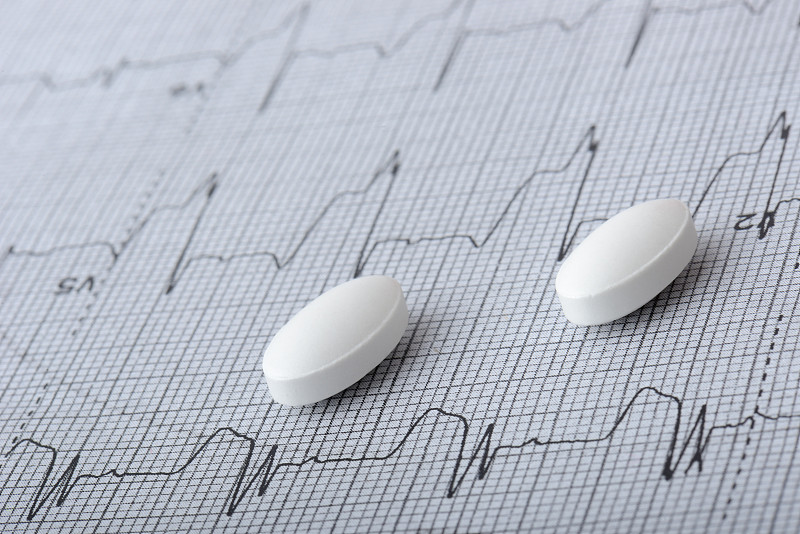Pharmacological Stress Echocardiography
Pharmacological Stress Echocardiography | Hong Kong Asia Heart Centre
Suitability:
Patient who cannot exercise well
Patient who had history of chest pain, syncope or even loss of conscious during exercise
Proccess:
- You will be asked to lie on a stretcher.
- Drugs (such as dobutamine) will be given intravenously as prescribed by the doctor.
- Echocardiographic images will be obtained.
- You will be under close observation continuously, especially your electrocardiogram and blood pressure to ensure safety.
- Drug infusion will be stopped after desired images are obtained, or when you develop signs and symptoms.
Benefits:
There are some rare risks, such as chest pain, collapsing, fainting, heart attack, irregular heartbeat. However, your risk of experiencing these reactions during the test is low, since your doctor will assess you before the test. People risked of these complications such as those with advanced coronary heart disease are rarely asked to do the test.
Risks:
Although the procedure carries certain risks, but it helps patient to prevent coronary heart disease, since patient may not have symptoms at rest.
Reference:
ACC/AHA Guideline Update for the Clinical Application of Echocardiography 2003.
Suitability:
Patient who cannot exercise well
Patient who had history of chest pain, syncope or even loss of conscious during exercise
Proccess:
- You will be asked to lie on a stretcher.
- Drugs (such as dobutamine) will be given intravenously as prescribed by the doctor.
- Echocardiographic images will be obtained.
- You will be under close observation continuously, especially your electrocardiogram and blood pressure to ensure safety.
- Drug infusion will be stopped after desired images are obtained, or when you develop signs and symptoms.
Benefits:
There are some rare risks, such as chest pain, collapsing, fainting, heart attack, irregular heartbeat. However, your risk of experiencing these reactions during the test is low, since your doctor will assess you before the test. People risked of these complications such as those with advanced coronary heart disease are rarely asked to do the test.
Risks:
Although the procedure carries certain risks, but it helps patient to prevent coronary heart disease, since patient may not have symptoms at rest.
Reference:
ACC/AHA Guideline Update for the Clinical Application of Echocardiography 2003.
Share


